
Blog post by Professor Neal White, Faculty of Media and Communication
The Future of Research Practice
At a HEFCE sponsored conference run at Goldsmiths in London last week, a very large body of academics invested in the Future of Practice Research in the Arts and Humanities, gathered to hear HEFCE’s position on the area.
Following a stimulating keynote on the history and value of Undergraduates in this area by the artist Anne Tallentire, Professor Emeritus Central Saint Martens University of the Arts London, the audience was given an update on the state of play from HEFCE’s perspective.
In doing so Ben Johnson, Research Policy Adviser and then Steven Hill, Head of Research Policy at HEFCE, underlined the critical importance of practice research and the wide range of outputs considered in the recent REF. Central to their statements was an analysis of the amount and the impact of practice research submitted to the Panels. Writ large was the fact that one third of the overall REF submission was practice research and here was the first surprise, from HEFCE and REF position, this was a disappointing figure.
The reason for this, as Professor Bruce Brown (Pro VC Research at of Brighton University, lead of Arts and Humanities Panel D) expressed, was the overall balance of text and non-text outputs; simply put, there were not enough non text outputs at 36% of the submission. The apprehension had been that in UoAs 34-35 at least, these figures should have been reversed, with 64% practice research expected.
With many institutions hesitant about how to capture and articulate not only practice research, but specifically Impact, we were reassured that we had nonetheless delivered exceedingly high levels of world leading and international research in the REF – around 80% in total (BU return to Impact in UoA34 was 60/40 – 4*/3*), underlining our role in articulating and facing head on societal challenges to the human condition and ways of life. And so we were reminded of our contribution to not only the search for new knowledge, but our contributions to ‘enhanced understanding’ (a key definition outlined by HEFCE) in terms of the recovery of lost knowledge, and the testing of existing knowledge.
So what do we need to do in order to increase the amount and quality of practice research as will be expected, to deal with a problem that has for many been attributed to the confidence of our institutions, and those who lead the returns, for we were told, it does not reflect what is going on in UK Higher Education, as designers, performers, artists and other creative intellectuals continue to undertake and are leading the world in practice research.
In later presentations, and woven throughout the day were themes and concerns about practice research and its status in the Academy, running from staff requiring PhD’s, to the poor auditing tools available to them and the lack of understanding in the sciences, who largely run the exercises. Many points were highly valid, and some very familiar, but at the end of the day, HEFCE, who was in listening mode noted down and responded to the key suggestions and proposed actions.
More practice research figures it was agreed should and will be appointed to bodies like the British Academy. There would be less emphasis on the PhD from HEFCE in this area. A separate research practice policy lobbying body such as exist in Science would be supported. Overall, it was clear the value that practice brings, with HEFCE underlining the contributions to economic, social and cultural values in particular.
HEFCE and the REF need and expect much more non-text outputs – the role of practice in particular in the communication and engagement with research across the board should not and cannot be underestimated, they declared. They want and expect more scholarly forms of practice research, an area in which we now lead the World. But together, the next job is also to ensure that the government does not dismantle one of the liveliest and most engaged research bases in the World, aided and abetted by disciplinary divisions; the power bases of science and the arts respectively. Least we forget, the contribution to GDP from the fast growing sector of our economy, the creative industries was recorded in 2014 at £71.4 Billion (https://www.gov.uk/government/news/creative-industries-worth-8million-an-hour-to-uk-economy).
In briefly summarising all of the fascinating discussions and agreements, for there was much consensus, was a single line, delivered by Bruce Brown at the end of his own presentation in the morning that made an awful lot of sense to those of us trying to persuade our colleagues of our own value. The argument for practice research is won he declared on behalf of HEFCE and REF, the future of research practice is clear. We simply need to ensure that we can now; ‘Get over it and get on with it’.
Neal White is Professor of Media Art. He contributed to BU’s leading return in the RAE in 2008 and REF 2014, with one of two Impact Case Studies. He currently is REF leader for UoA34 and heads Experimental Media Research in the Faculty of Media and Communication.


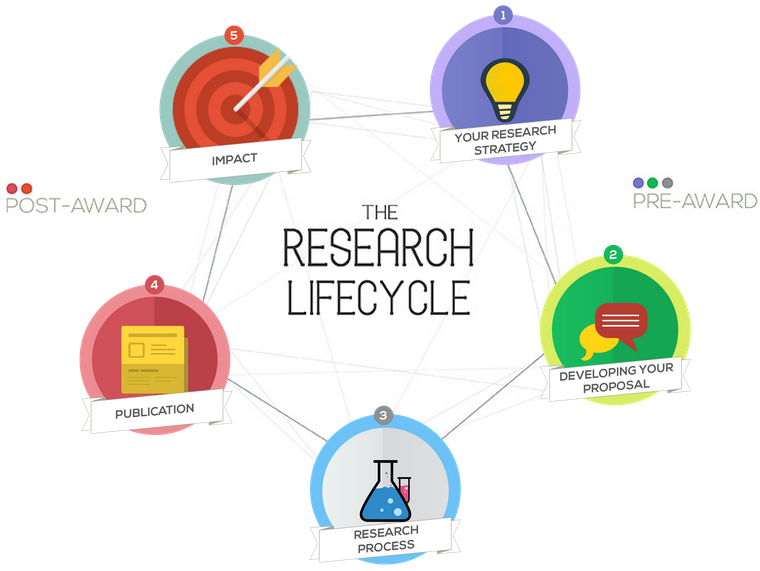
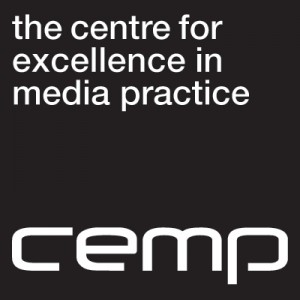



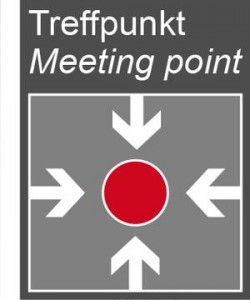


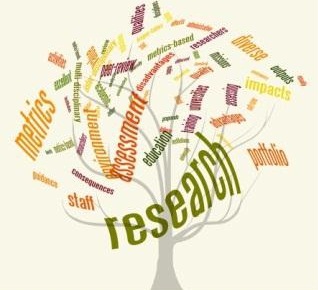


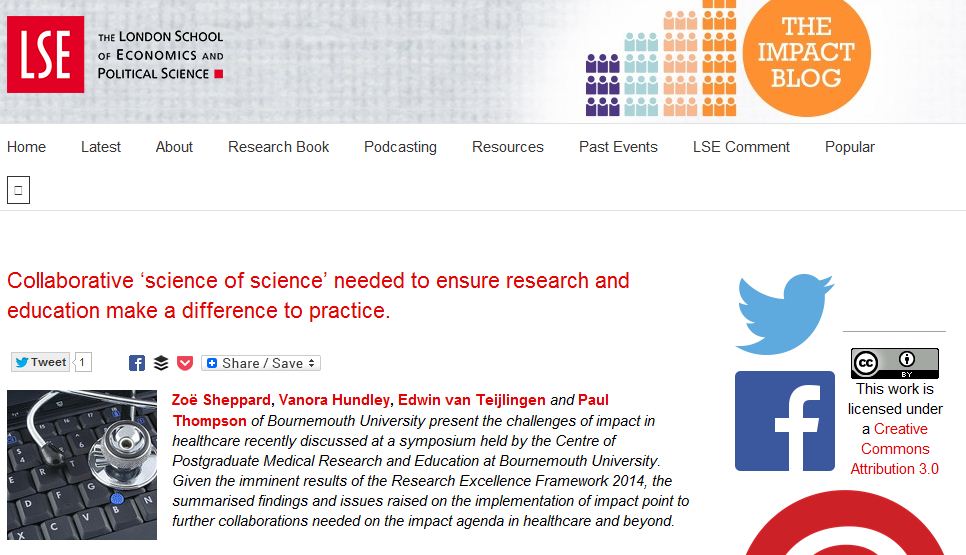











 Seeing the fruits of your labour in Bangladesh
Seeing the fruits of your labour in Bangladesh Exploring Embodied Research: Body Map Storytelling Workshop & Research Seminar
Exploring Embodied Research: Body Map Storytelling Workshop & Research Seminar Marking a Milestone: The Swash Channel Wreck Book Launch
Marking a Milestone: The Swash Channel Wreck Book Launch No access to BRIAN 5-6th February
No access to BRIAN 5-6th February ECR Funding Open Call: Research Culture & Community Grant – Application Deadline Friday 12 December
ECR Funding Open Call: Research Culture & Community Grant – Application Deadline Friday 12 December MSCA Postdoctoral Fellowships 2025 Call
MSCA Postdoctoral Fellowships 2025 Call ERC Advanced Grant 2025 Webinar
ERC Advanced Grant 2025 Webinar Update on UKRO services
Update on UKRO services European research project exploring use of ‘virtual twins’ to better manage metabolic associated fatty liver disease
European research project exploring use of ‘virtual twins’ to better manage metabolic associated fatty liver disease